Research
Our team investigates VR applications for the assessment and treatment of psychological problems.
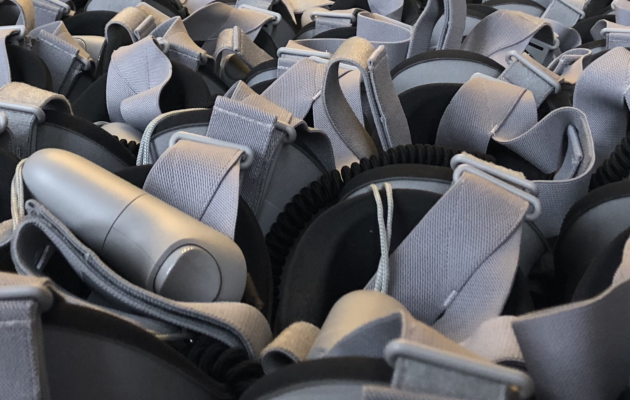
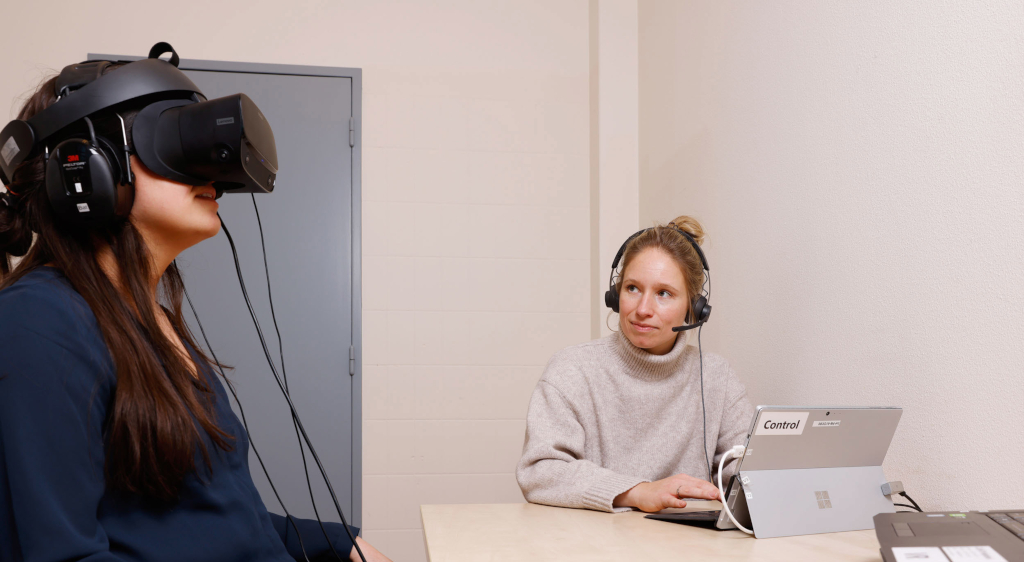
VirtuS
Excessive self-criticism is common with psychological problems such as depression. Self-compassion can actually help with mental resilience and recovery. In the VirtuS study we investigate the effect of
two exercises aimed at self-criticism and self-compassion.
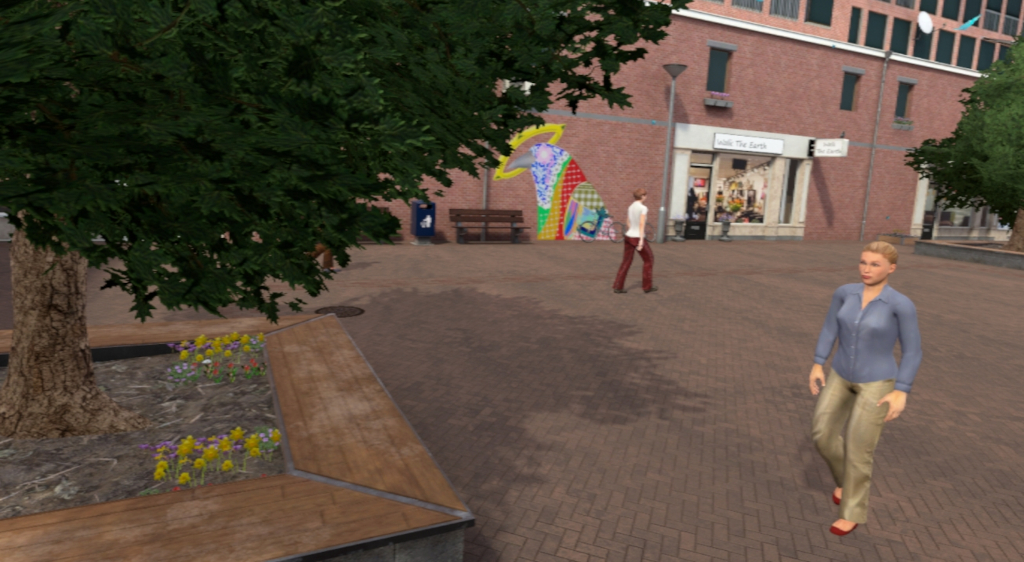
VR-Moodboost
A VR intervention has been developed at GGZ Delfland, together with clients, practitioners, the Amsterdam UMC and the UMCG, with a focus on the recovery of positive feelings. In this intervention, people with depression do positive activities in interactive virtual environments,
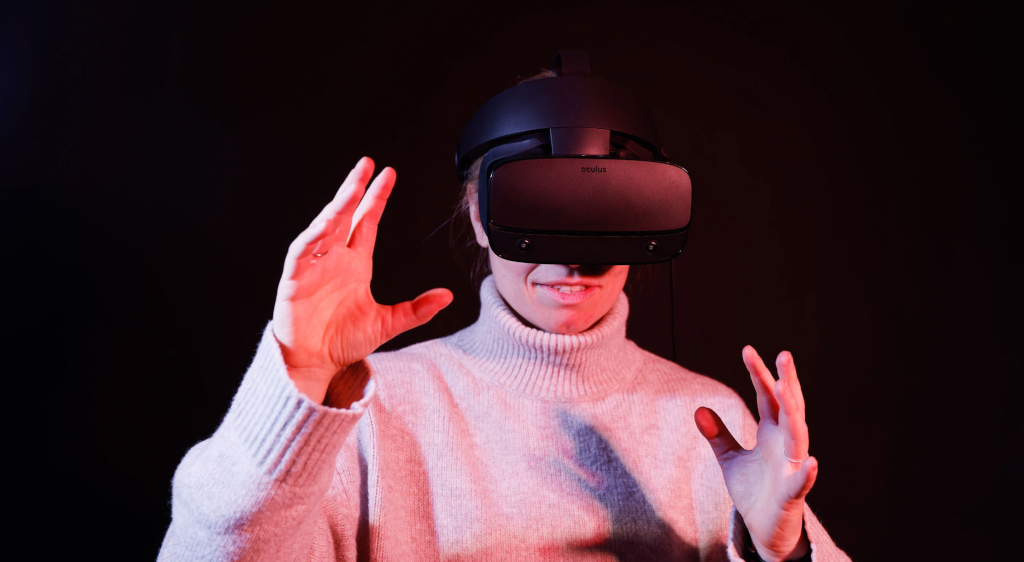
VR psycho-education
A VR depression experience video
has been developed at GGZ Delfland together with clients and practitioners. This gives you an idea of how someone with depression and their loved ones experience a day
. We investigate whether VR helps to reduce self-stigma and increase social support.
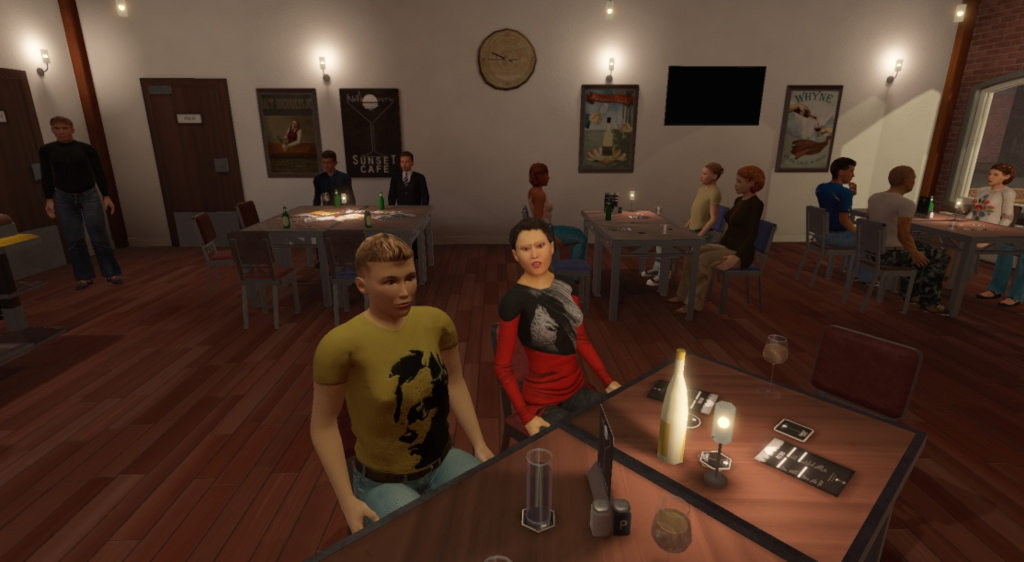
TOPICVR
We investigate the effect of cognitive behavioral therapy (CBT) on extreme suspicion in VR,
compared to standard CBT treatment. We want to know whether VR CBT works faster and/or better.
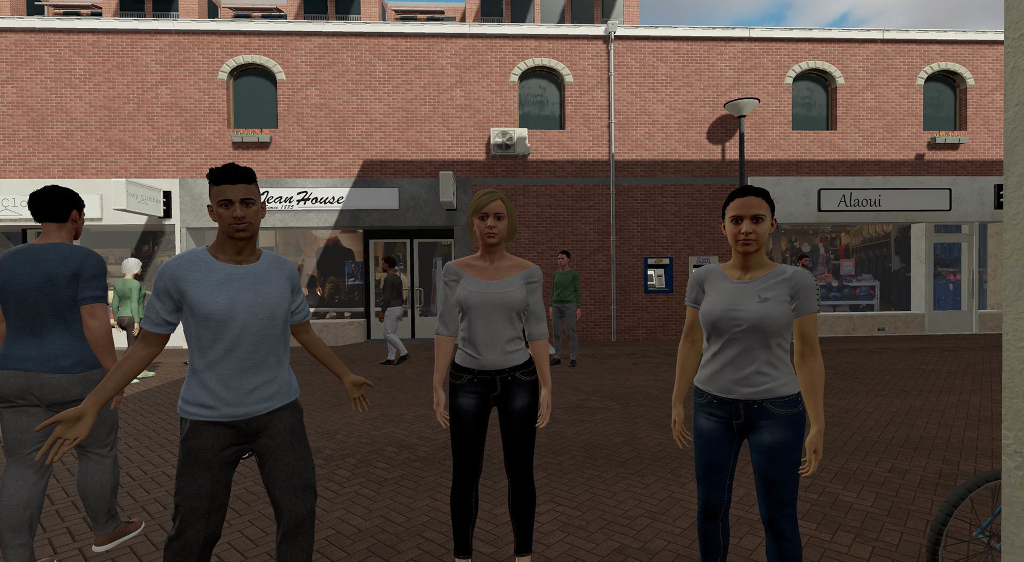
VR SOAP
VR-SOAP is a treatment aimed at improving social functioning of people with psychosis. Improving the quality of social contacts, leisure activities and participation in society.

VRelax
VRelax is a VR relaxation app aimed at reducing stress, tension, sleeping problems and anxiety. It offers the opportunity to step into another reality. VRelax contains many nature worlds.
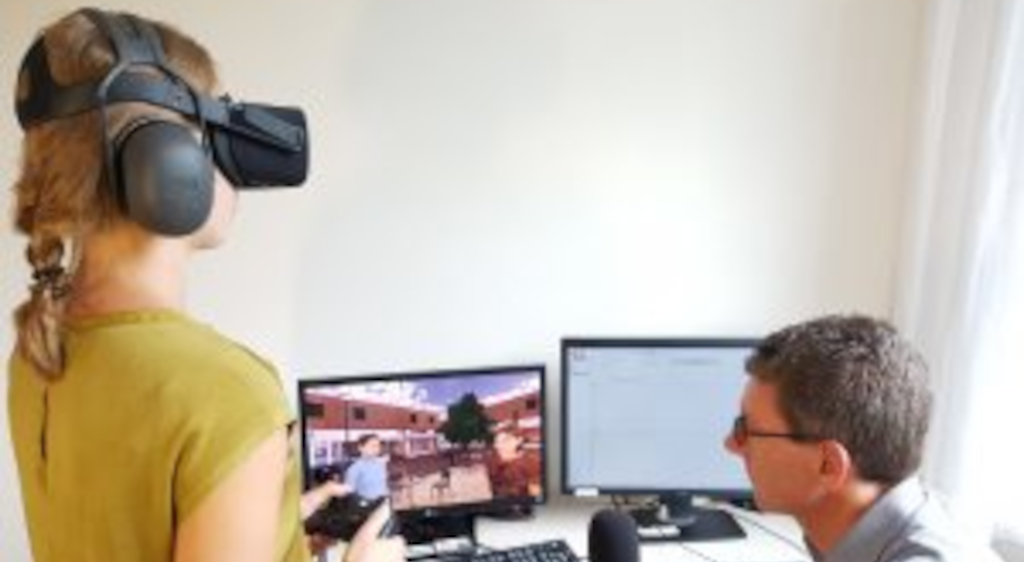
VR agression treatment
VR is a suitable way to let people with aggression problems practice with situations that provoke anger. We investigate VR aggression treatment in
forensic psychiatry, in prisons and in people with mild intellectual disabilities.
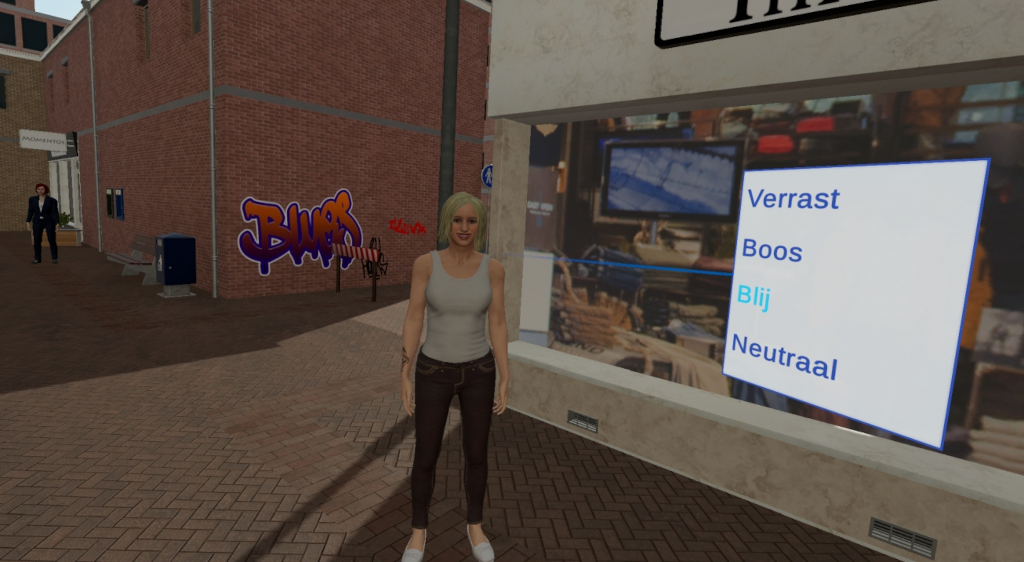
DiSCoVR
DiSCoVR is a training aimed at improving social cognition. By better understanding the emotions and behaviour
of others, people with psychosis or autism learn to better assess social contacts and
interactions.
